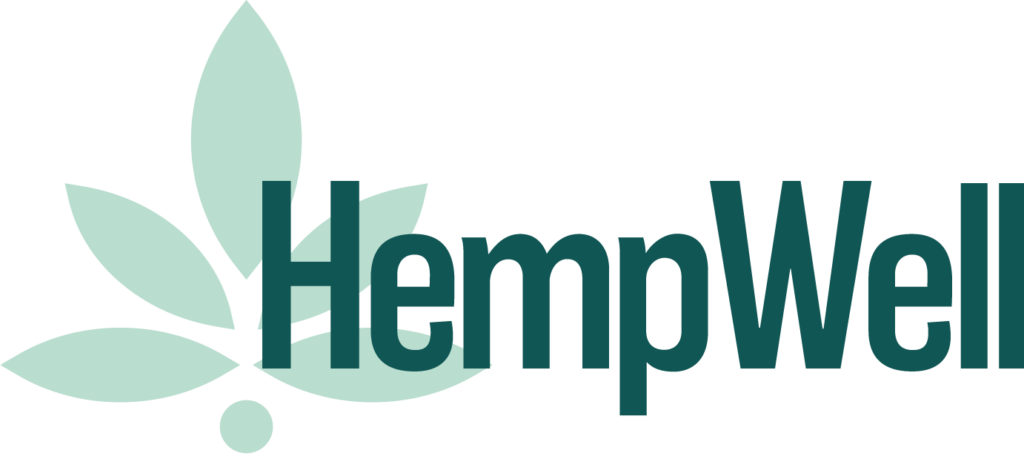No products in the basket.
HempWell
Why is CBD so Expensive to Buy?
This is a question that we see being asked a lot. CBD is great, but why does it cost so much? It’s a great question! In most cases, especially with the best CBD brands, there’s a good reason why CBD oil is so expensive. Let’s get into the reasons…
Firstly, it is expensive to produce. The costly processes involved in production drive up the price. To make a high-quality CBD oil takes specialist equipment, expertise and top-grade hemp plants.
To grow the hemp plants, any CBD brand that applies for organic certification must meet rigorous standards. Their fields and farm premises are subject to regular inspections and everything from the fertilisers to harvesting practices must come from an approved list.
While it’s expensive to set up a farm to reach these standards, the result is a high-quality product that has been grown without the use of artificial pesticides or fertilisers. All of our hemp is grown organically.
Once the hemp has been harvested, the manufacturers must extract the CBD. This requires expensive equipment and skilled operators, the THC must be removed whilst carefully preserving the CBD and other cannabinoids.
Secondly, the regulatory landscape surrounding the farming and selling of hemp contributes to the cost. Because hemp is in the same family as illegal cannabis strains, it must be closely monitored and meet strict legal requirements at every point, from seed to sale.
Currently, hemp grown in the UK cannot be used to manufacture CBD. As a result, it’s must be imported from elsewhere which adds significant production costs. We farm our organic hemp in Bulgaria and ship the processed CBD into the UK.
Finally, paying for independent lab testing is expensive, but we consider it necessary to prove the quality of our products. It also costs to be registered with the relevant governing bodies and top quality working groups including the European Industrial Hemp Association (EIHA) and Novel Food Consortium.
What about cheap CBD?
There are some great deals available but sometimes low prices can mean that corners have been cut. There are cheaper products on the market, but many of them are unreliable, of questionable quality, and may not even contain any CBD! Business Insider recently looked into this:
More worryingly, lab tests conducted by the Centre for Medicinal Cannabis found that 62% of CBD products tested in the UK didn’t contain the cannabidiol content promised on the label. One product actually contained no CBD whatsoever. – Business Insider
This is why we consider third party lab analysis essential to our business model. Because the UK CBD industry is still largely unregulated, reputable companies pay for tests conducted by third-party labs so that customers are able to verify that what’s in a container matches its label. The tests are a detailed analysis of the contents of a sample, including how much CBD and THC it contains, as well as testing for any dangerous impurities. Regular testing is costly which is another reason why top quality CBD can be expensive. If the CBD you are buying cannot provide a Certificate of Analysis (also known as a COA) then you should proceed with caution as it is possible the product has something to hide.
Another reason CBD may be cheap is that it could be a scam. Hundreds of unscrupulous sellers attempt to pass off hemp seed oil, or other low-cost oils, as CBD so they can bump up the price.
Inferior CBD is also an issue. Hemp is a bio accumulator, meaning it absorbs everything in the soil in which it is planted. If the soil is not properly tested, soil contamination from prior crops is quite likely. This could include herbicides, pesticides and metals. This is why we test the soil regularly, ensure we grow our own hemp organically, and can fully trace the origins of our CBD right back to the EU-certified seeds.
What to look for when shopping for CBD:
- Look for well-known retailers with good reputations and customer reviews on independent sites like Google Reviews or JudgeMe.
- Look for companies that have a membership with a trusted industry body like the EHIA or the Novel Foods Consortium.
- Expect to see clear, informative details including the precise amount of CBD it contains in mg. For example, “1000mg CBD”, but not “1000mg” on its own or given as a percentage.
- Look for third-party lab COAs that back up the amount of CBD it contains as well as prove it doesn’t contain THC or impurities.
- Watch out for any claims that the product may have specific medical benefits. Genuine retailers will not sell it based on health claims.



